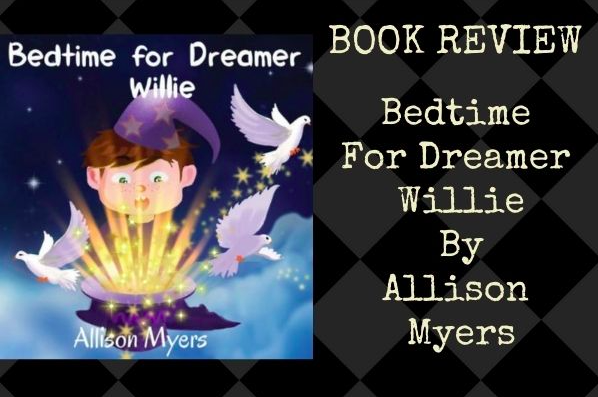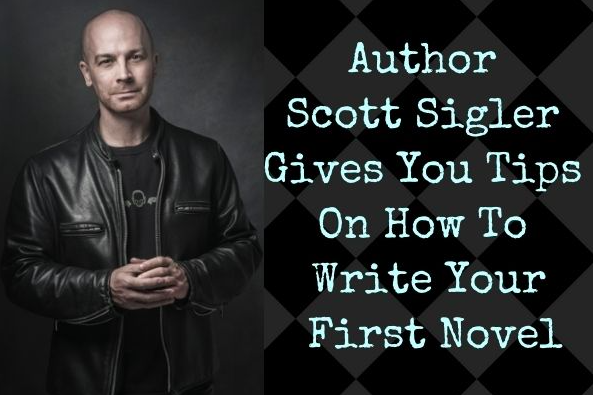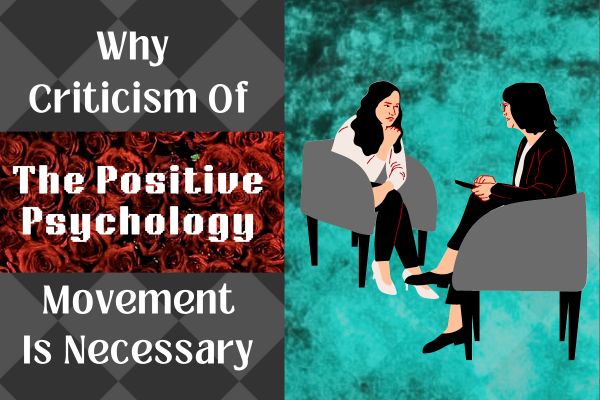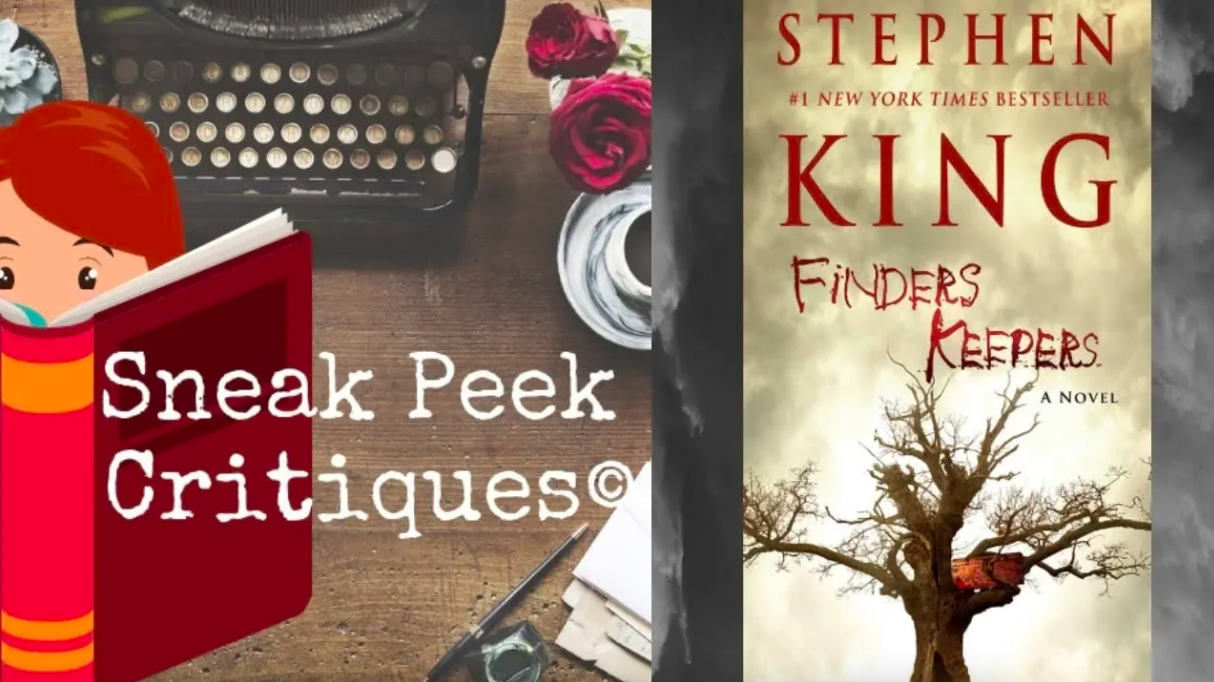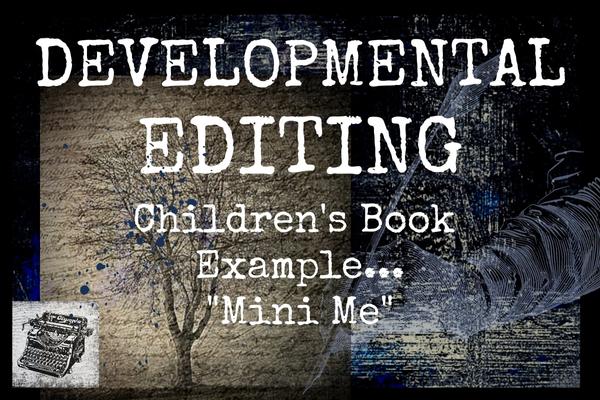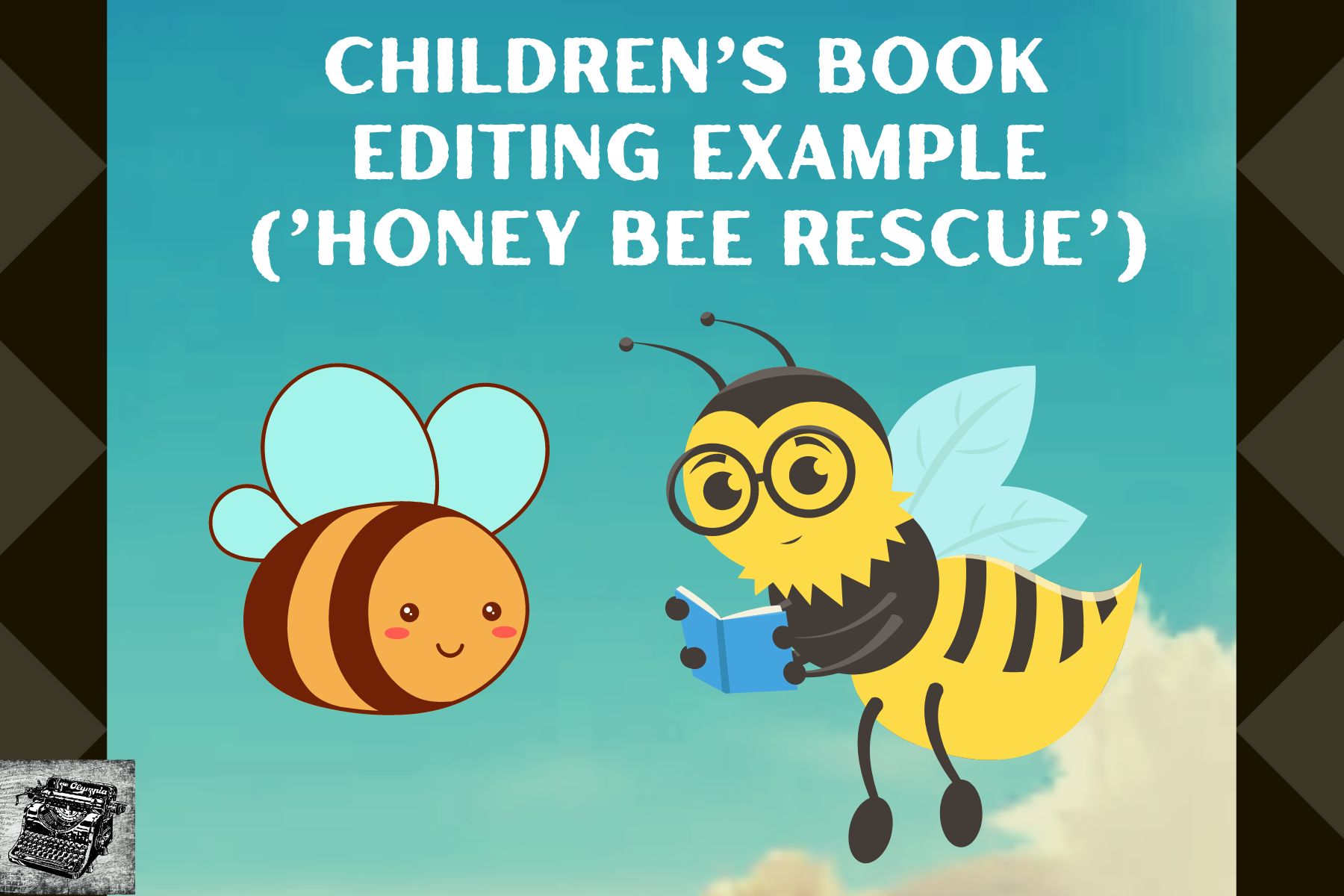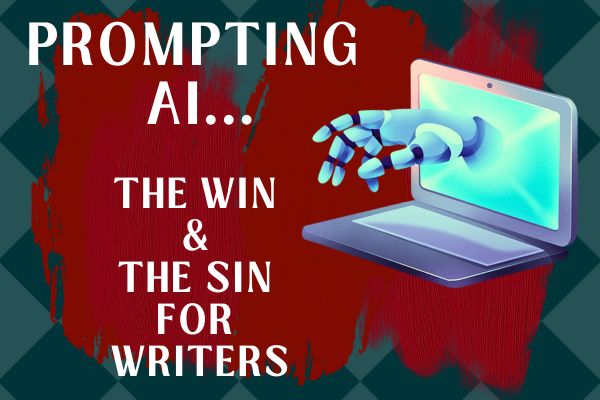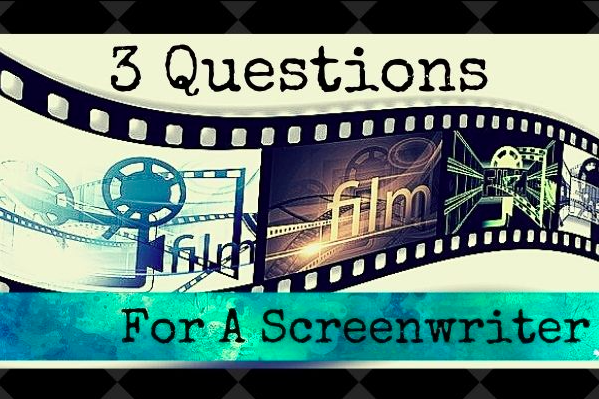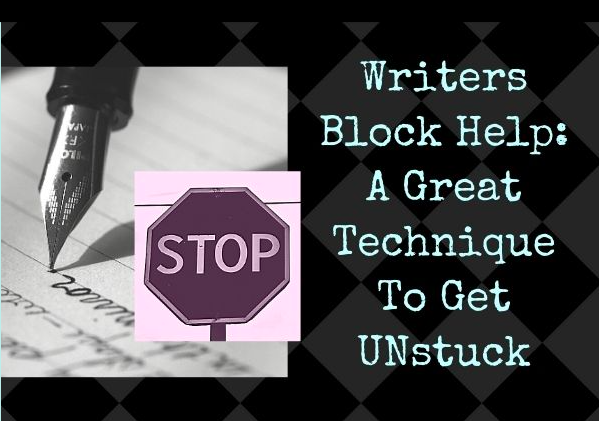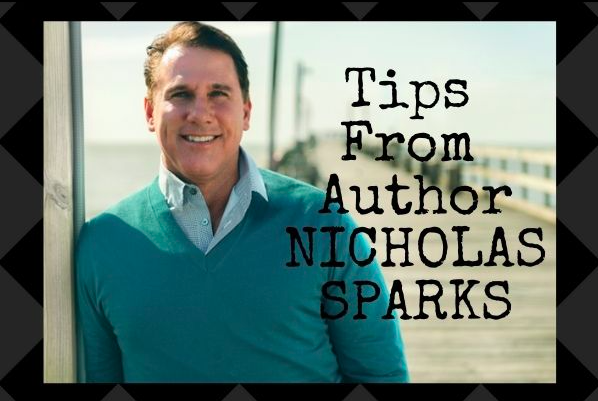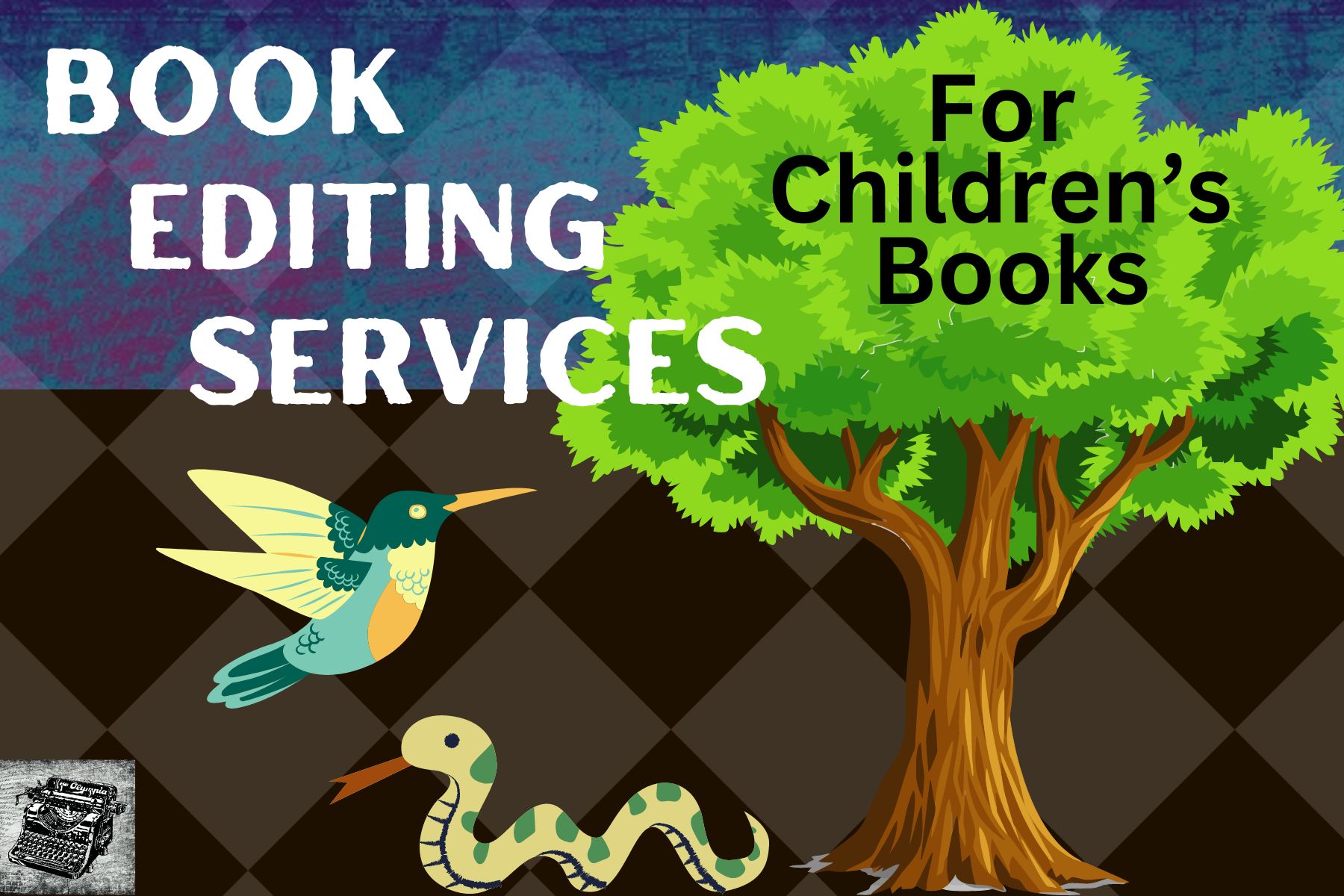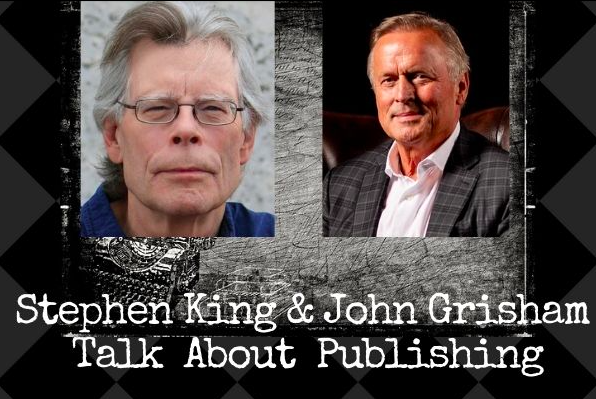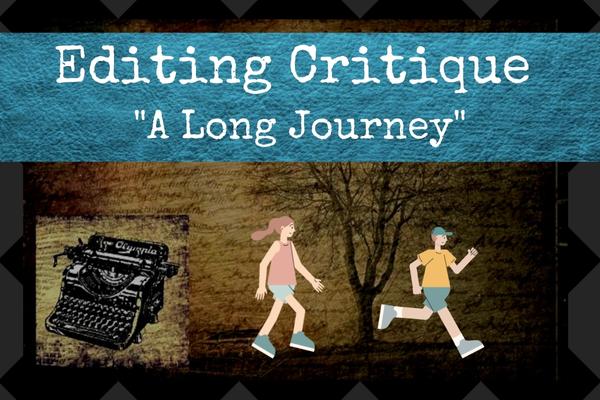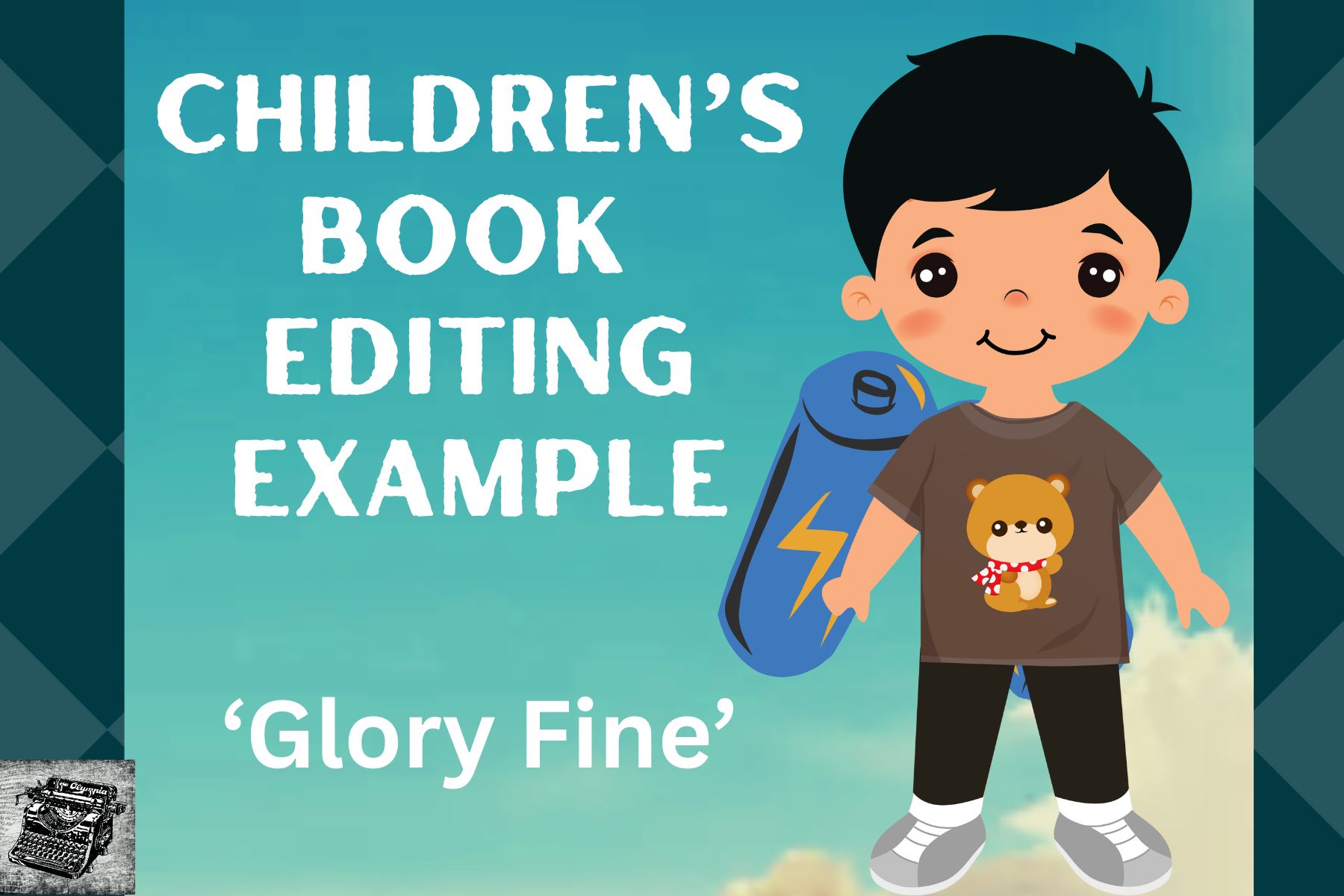Hi;
Thank you for ordering my editing service. My comments are in pink.
I always go through a client’s work as a first time reader would and make note of anything that may or may not be an issue for the reader.
I will make positive comments on things that work well and comments on things that need work.
I’m a writer myself and know the struggles so, I appreciate your artistic perspective and discipline. My intent is only to better the story and you as a writer.
This is the spirit in which I edit your document. Let the reviewing begin!
Getting To Know Mini-Me
Introducing, Mini-Me!
You may know him, or her, already.
If you have had the pleasure of meeting Mini-Me, that’s awesome. You know how special Mini-Me is!
If not, that’s OK. Mini-Me wants to meet you!
Mini-Me is more like you than any of the friends you know.
**Right now, we’re not sure who Mini-Me is although by the name it infers it’s a smaller version of someone.
However, the term “Mini-Me”has been made popular through the Austin Powers movies starring Mike Meyers. It’s never a good idea to blatantly take something that is already popular and use it to as a main theme in a kids book (or for adults). The only time this is really acceptable is fan fiction. Then everyone who reads it knows it’s an homage to the original.
Also, there is no main character in the beginning. Get kids to “attach” themselves to the hero/heroine as soon as possible. This helps put them in the story too.
PAGE:
Mini-Me will most definitely be one of your more unusual friends, even quite strange.
You see, Mini-Me is not a friend you will ever be able to see!
“WHAT?” you may ask. “That is RIDIC-U-LOUS! How can you have a friend you can’t see?”
Well, you can.
I have to say here… it seems a bit presumptuous to say Mini-Me will be an unusual friend and strange. We still don’t know exactly who Mini- Me is. Pictures will help, but the story needs to fit the words. Pictures are really just a back up to the storytelling.
Also, this sounds (so far) like a story that’s geared to children ages 4-6. There are very specific age groups that publishers, including the self-publishing industry, categorize books in. That definitely needs to be taken into consideration before publishing.
PAGE:
Mini-Me is the voice you hear inside your head. OK! We finally find out who Mini-Me is. However, I would strongly suggest you use a different name. A completely new and made-out-of-thin-air name. Think like a child on this. Kids want to latch onto something when they learn something new.
For example; instead of Mini-Me it could be “The Inside Me” and “The Outside Me” to differentiate what goes on inside of us and what we say and do. Or you could just name it “Sam”.
Whatever…
Sometimes Mini-Me talks at the speed of lightning, fast enough to feel like your brain may explode!
Other times Mini-Me can show up as a feeling, a squirmy, oozy, tickly feeling in your tummy. Mini-Me can make your heart beat so fast it can feel as though it will pop out of your chest!
If you were to imagine what Mini-Me looks like, picture a tiny, weeny, person, just like you.
OK… Without an actual main character you’re talking at kids and telling them how they feel. Right now, it’s not engaging. Kids want a story they can take a ride on.
I can see where you’re going and I think it’s a great lesson. I would encourage you to create a character and get these principles across through him/her. That way the kids can put themselves in the protagonist’s place and understand and retain more.
PAGE:
“OK” you might say, “I’m still not sure. How else can I get to know Mini-Me?”
Mini-Me celebrates when you have done something great, “Well done! Bravo! You were excellent!” Mini-Me will flutter in your belly and smile from ear to ear.
Mini-Me will cheer you on when things are tough, “Keep on trying. Don’t give up! You CAN do it!”
At times Mini- Me may confuse you with questions you can’t answer. You may not like the way you feel. Mini-Me will buzz around inside your head, “Hey, do you think that’s ok for you? Would you like to check that with somebody? Hey, Hey, Hey! I want you to check that with somebody.” At times you will wonder if Mini-Me really is good a friend at all.
Again… if we could see all this happen through a character and watch them struggle with descriptive language, it would be much more engaging.
We’d then want to celebrate with the Mini-Me thoughts that would be so much stronger to really get your message across.
Page:
But, never fear. Mini-Me most certainly is! Mini-Me certainly is…. What? I don’t see how this has answered a question. So far there isn’t any real action/adventure that a child can get caught up in.
Mini-Me can be known by other names. Intuition, Your Inner Child, The Holy Spirit and God With-in, are a few.
More importantly, Mini-Me cares deeply and is a trusted friend you can count on. This little, Mini-Me is always there, just for you. Mini-Me never makes us feel bad without a reason and can guide you to what is right, and wrong, and keep you safe. Mini-Me Loves YOU!
You’ve made a lot of good points above. Mini-Me goes by many names. I still think it would be wonderful if you made up a fun fantastical name instead of using Mini-Me.
I would also suggest including in this message that our Mini-Me/Intuition/Holy Spirit etc. is the good voice we hear inside. Sometimes that inner voice is not so positive and it would be nice for kids to understand that the “bad” voice is coming from a different place.
Page:
Let’s Talk about Finn.
Finn’s Mum introduced him to Mini-Me when he was a four years old. Mini-Me is her great friend and has helped her many times, with good and not so good stuff.
Finn trusted his Mum and learned how to really hear and feel Mini-me. He got to know Mini-Me very well.
Ok.. now you’ve introduced a character but I don’t know how he/she relates to the rest of the story. Who exactly is Finn?
His Mum introduced him to Mini-Me at 4 but then it says how Mini-Me helped her many times. It’s getting confusing. These are young children you’re aiming this too.
Be very clear or they will lose interest. You want to write a book that children will pull off the shelf over and over again. They will if there are relatable characters who are engaged in adventures that take them and wonderful journeys.
Page:
Finn lived in the country and caught a bus to and from school every day. Finn loved the ride. He got to chat to his friends and do his homework. Finn liked the bus driver and often sat up front and shared stories about his favorite hobby, fishing.
Now we have some real information about Finn and who he is and what he likes to do. It might be a good idea to add some dialogue too. Instead of telling us that he likes the bus driver show the dialogue they had about fishing.
Old Adage: Show don’t Tell —> Click the link for ALL my best tips…
Click the banner for the audio book and click HERE for the ebook.
Page:
One day on a trip home, Finn sat up front with the driver. While they were talking, the driver told Finn a story about himself as a boy. Finn’s tummy tied up in knots. He felt confused and he wasn’t sure why? Finn had never heard those words before and he was uncomfortable with the way the driver spoke. What Words??!!! Tell us! This is the time that children will really be on the edge of their seats. If you give us dialogue and then tell us Finn felt queasy hearing the words that can be impactful.
Finn did not like the look on the driver’s face and was unsure why he said it was to be their secret. He was the only passenger left on the bus and Finn felt frightened. He just knew this secret was not a good one to keep. Since when did their talking become a secret? Mini-Me stormed into action, “Hey Finn, those words don’t sound right. Those words don’t feel right.” Finn’s tummy was suddenly upset and his body felt tight all over.
You are starting to address a very significant problem here. This is good and important. There has to be more of a build up though or the message won’t have power.
Show us more of the relationship of Finn and the driver. Tell us, using descriptive phrases appropriate for the book’s age group. Show how it was fun at first and then it started not to be. Show us how/where/when that pleasant relationship turned and when Mini-Me kicks in.
Page:
At home Finn felt angry and he wasn’t sure why. He fought with his brother and was very cheeky to his Mum.
Upset he had acted this way, Finn went into his room. He closed the door and lay on his bed. Finn was still and very quiet.
Mini-Me was not! Mini-Me was badgering away, “Hey Buddy! You really ought to tell somebody how you feel. It’s not right to feel this way. You need to talk to somebody!”
Right now we have no idea why Finn is in a bad mood other than the bus driver said some words that upset him. We don’t know what those words are though because we don’t know exactly what transpired.
Page:
Finn’s Mum sensed he was not happy, went into his room and sat on his bed. She gently spoke. “Finn, is there something you need to talk about as you seem really bothered?” Finn burst into tears. His Mum cuddled him and said it was OK. “I’m here to listen. If you need my help, you can talk to me. I’m your Mum and there is nothing you can tell me that will make me love you any less.”
This is a nice reassuring affirmation for kids to know their parents/Mum will always love them.
Mini-Me was busting for him to get it out, “Come on Finn, she’s your Mum. You can trust her! Just tell her why you feel the way you do!”
Finn repeated the words the driver had spoken. He said he did not understand them but he felt very uncomfortable and confused when he mentioned private parts of the body.
OK. Now we’re getting to why Finn is upset but there has been so much left out it’s also confusing. Find a way to tell us more about this situation without giving away too much detail which would be inappropriate.
He had never heard some of the other words but he just knew they were bad. Finn threw his arms around his Mum’s neck and said, “All l I could think of was good and bad secrets. You always say bad secrets should never be kept! I just knew Mum, I knew it was a bad secret.”
The concept of “good and bad” secrets needs to be made clear long before this comes out. It assumes the young reader already knows what a good or a bad secret is.
Introduce your character right away and show us who/what they are. Then the action takes place and from there the lesson and transformation occur. Right now you’re jumping to the lesson/message part without giving us any insight into Finn and his family.
Page:
Finn’s mum agreed the bus driver, as friendly and as caring as he seemed, had acted irresponsibly. Finn was right to feel the way he did. It was inappropriate. Finn was able to see the bus driver had not done the right thing. Finn was very disappointed and sad somebody he liked had treated him that way. Most importantly, Finn could see it was not his fault. He got support from his family to overcome the sadness and visited the school Chaplain to help him deal with his emotions.
**Remember to keep Mum either capitalized or not throughout the story. Right now, it keeps changing.
OK… so Finn’s Mum says the driver acted “irresponsibly”and it was “inappropriate”and then Finn has to see the Chaplain to deal with his emotions.
I don’t get it. All we know is that the bus driver said a few words that Finn didn’t understand and made him feel uncomfortable. There hasn’t been enough established for us to fully appreciate what kind of violation (if any) took place. Right now, Finn just seems like a drama queen looking for attention.
If you’re going to tackle something as serious as child sexual abuse then you’re going to have to go there and not dance around it. Obviously you can’t get too graphic but at the same time kids have to understand what the subject matter is.
Page:
Today, Finn is much older and Mini-Me is his most trusted friend. Finn look’s back and can see how Mini-Me alerted him to a situation that may have placed him in danger. He was very courageous in speaking out. Finn learned there are always consequences for our actions. The bus driver was replaced by Frank, a jolly old fellow who values and cares for all the kids who ride the bus.
So, Finn tells the Chaplain about his discomfort over words and the bus driver (who is never given a name) is replaced by Frank who is jolly and cares about all the kids.
Whaaa..? It’s getting unclear and confusing. It’s the last thing you want.
Didn’t the other bus driver care about the kids? Finn liked him for awhile and thought he was nice… and then he didn’t. It’s too nebulous. We need a clear message here.
It was very difficult time for Finn. His Mum calls it a “life lesson”.
One thing Finn knows for sure, without a doubt, Mini-Me is real! He is glad to have his very own inbuilt and powerful super-hero, Mini-Me, to guide him every day.
Get to know Mini-Me. Get to know him or her, super-heroes can be boys or girls! Learn to hear and feel it. Mini-Me will be the best friend you will have for the rest of your life!
It hasn’t been established that Mini-Me is a super-hero or heroine. Not enough has happened for Mini-Me to conquer.
So.. in my opinion this story really, really needs to be redone before going public.
I applaud you for wanting to tackle the issue of child molestation and placing so much importance on our instincts/inner voice to save us from predators.
However, the 2 biggest problems I see are the name Mini-Me and the fact that there is no real issue established.
I would suggest starting the story with Finn on the bus and show us how the relationship with the driver (give him a name) starts out good and then goes bad. All while walking that incredibly fine line between teaching and creeping everyone out.
And…. please, please, please, abandon the use of the term Mini-Me. It’s already in our lexicon and will be a barrier to carrying your message.
I think a fun made up name will get your point across much better. Kids love silly things that can anchor them to something real and tangible. It’s the kind of imagery that makes old fairy tales stick in our minds for a lifetime.
I hope this critique has helped and if you have any questions please contact me directly at:
thewritersnexus@gmail.com
Wishing you much imagination…
Thank you for reading.
If you like this you might like these….
About Renee The Writer at The Nexus
Renee’s Cognitive & Behavioral Coaching for Business, Life & Money
Did you know Renee is a Freelancer Writer?
Contact Renee for her Developmental Editing
Love Old Fairytales? Me too… take a look at this Favorites List
Try The STAR Technique when on a job interview or any time you want to demonstrate your competence
Emily Dickinson DID have lovers…
ALL Social Media: https://linktr.ee/seekcraft1
Contact Renee at this Email: thewritersnexus@gmail.com
I read so many of the same mistakes made by new children’s book writers that I wrote an ebook about it... and then narrated it too!
In fact, take a look at the first few sins and then get the WHOLE ebook for just a few dollars!

